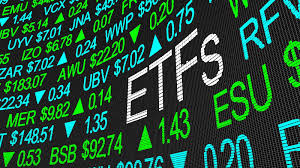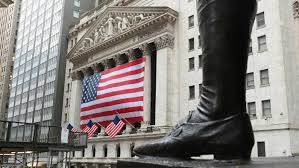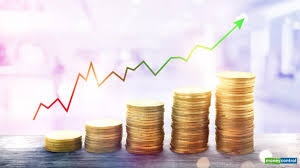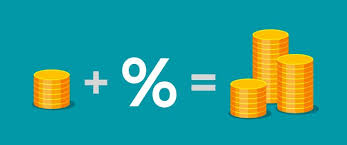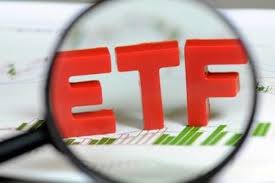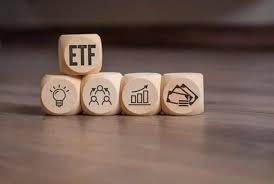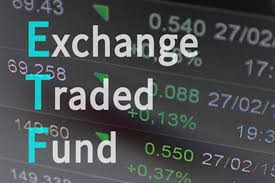A must read for those biased against index funds
A must read for those biased against index funds
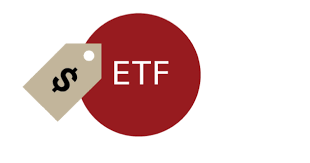
The world's first index fund was launched in 1975 and was managed by Pioneer Funds, then a small start-up company. The index product, called the First Index Investment Trust (later renamed the Pioneer 500 Index Fund), was launched and was greeted with a lot of criticism. Wall Street's scorn and blowback, known as "Borg's Fool," included influential opponents such as Fidelity. Opponents argued that investors shouldn't aim only for average market yields.
"The First Index Investment Trust was targeted to raise $150 million, but only $11 million was raised in its first offering. The $11 million in assets was so small that the fund could not buy enough of the 500 constituent stocks of the S&P 500, and only the first to deploy it could do so. The 200 stocks with the largest market capitalization weights were then fitted to the remaining 300 stocks using a sample replication method. Even so, this index fund faced net redemptions for 83 months afterwards. At this point one must be reminded of the old adage: "The heavens will fall..."
The second index fund in the market did not appear until eight years later. However, along with the bull market in the United States, which began in 1982, index mutual funds have proved to be a great success by outperforming the vast majority of actively managed funds. On its own, it has reaped great success, and the Vanguard 500 Index Fund is now probably the largest fund in the world.
First, why do index funds work?
Forgetting for a moment what the efficient market assumption is, index funds have nothing to do with this. Index funds are valid because of cost assumptions. If costs are not taken into account, the average return for all investors in the market is the market index return; however, if you take into account stamp duty, commissions. Management fees, dividend taxes, and various other taxes and fees, the average return of all investors in the market is less than the return of the market index.
Just as the sum of the profits of those who make money in a casino must be less than the sum of the losses of those who lose money, otherwise what would the dealer make? So we can conclude that if we get the market index return or the market average return, we have beaten at least half of the of investors now, but considering that in 2015 investors contributed $400 billion in stamp duty to the state and $200 billion to brokerage firms' If the trading commissions are accompanied by management fees for public offerings and performance-based compensation for private placements, I think that getting average market returns beats at least 60% of investors. But there is a cost to tracking the market, at least less than the cost of active management, and even then I think it's still possible to beat the market 55% of the investor. Don't look at this higher than 5% win rate and you can be one of the 45% survivors in the market, if you can keep being a A 45% chance of surviving for 10 years is estimated to beat at least 88% of investors in the market.
Second, do you want to be a source of excess returns for others?
We often hear, for example, how many years in a row an investment guru has outperformed the index, and then everyone dreams of becoming an investment guru, but Few have successfully replicated it, and instead have paid a lot of tuition. On the other hand, if the stock market were a casino and market index returns were used to measure each investor's chances of winning or losing, and if returns were higher than market Index returns win (positive alpha), and if they are lower than market index returns, they are negative (negative alpha). If you can't get a positive Alpha, you might as well invest in an index fund, at least you won't get a negative Alpha and become a The source of other people's excess returns right. Right, so can we buy private placements from star fund managers?
According to a US study, investors who buy private placements from star fund managers don't make money in the long run, but star fund managers And yet he made a lot of money. For example, Paulson, who made a name for himself during the financial crisis, made the list of the top 50 richest people in the U.S. based solely on performance commissions, but during the financial crisis After that, but continuous losses, basically lost all the money made to investors more than, but the previous performance compensation is not refundable. .
3. Are index funds suitable for individual investors?
According to ICI, 47% of the size of U.S. mutual funds are held by individuals or households. But aren't there any institutional clients in the U.S.? Do you also want people to be like us, investors buy bank finance, bank finance in the purchase of public funds, so that the investment only more A layer of fees and no other benefits.
Can we conclude that index funds are suitable for individual investors based on the fact that they are predominantly held by individuals or households? Of course not!
For ordinary investors, index funds are a rule, and few ordinary investors will study the composition of indexes and constituent stocks, so it is impossible for them to choose index funds.
In China, fund issuance is divided into different tranches. If you sell MSCI in this tranche, you should tell investors that MSCI is good; if you sell central enterprises in this tranche, you should tell them that MSCI is good. The structural adjustment index tells investors that this structural adjustment is good; after this analogy there are 500 ETFs, 500 low wave ETFs... Is it really in the best interest of investors to sell index funds like this? If this is how funds are sold, I guess index funds are not really suitable for individual investors.
Before jumping to conclusions, we must explain how the Chinese fund sales model differs from the U.S. fund sales model, where Chinese account managers are all Sales commission or sales incentives to their own pockets as the end of the sales process, the customer to buy the product after the profit and loss of the basic with the account manager. No relation. Then there are new sales assignments, and the account manager will persuade the redemption of previously profitable funds to buy the newly issued funds so that they can earn again One sales commission up.
Of course, this was the same sales model in the US before 1980. But the sales model for U.S. funds changed after that, and fund companies, in an effort to reduce fund operating costs, did not pay client manager funds in the Sales costs and as a result 80% of fund sales are unemployed. But what do customers know about what funds are good?
They still need someone to help them select funds and construct portfolios, and this is where the former account managers with their expertise become investment advisor, and that the client is willing to pay a fee to the investment advisor. In short, the average U.S. investor does not buy index funds directly himself, but rather by using an index based on the advice of an investment adviser. Funds construct portfolios. Why would an investment advisor use an index fund to construct a portfolio? As I said before, index funds are extremely low-cost in the long run.
The best way for an individual investor to buy index funds is to invest in a portfolio of index funds!

